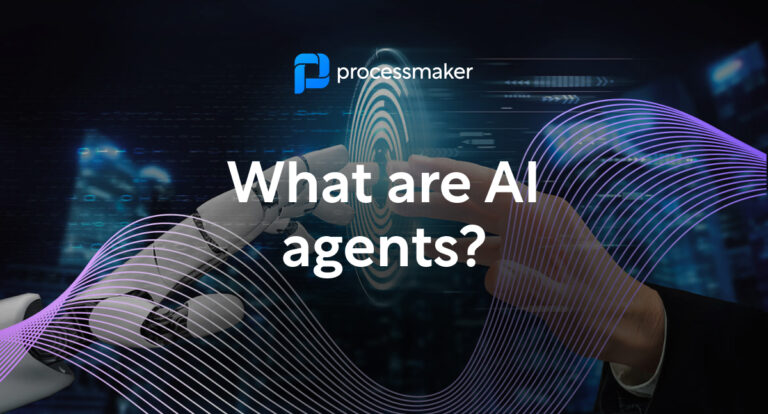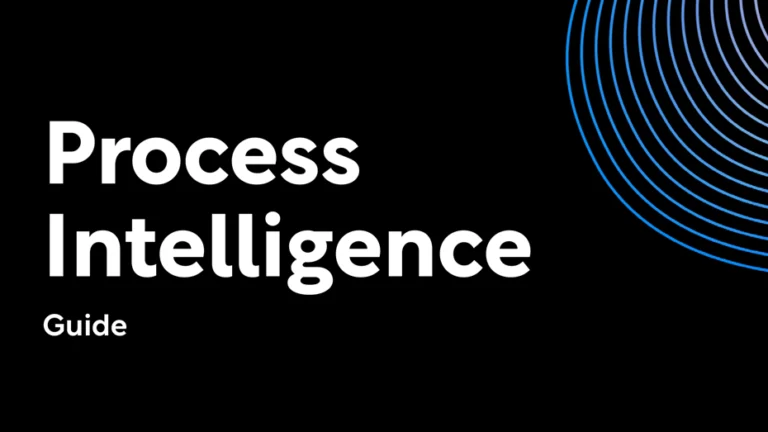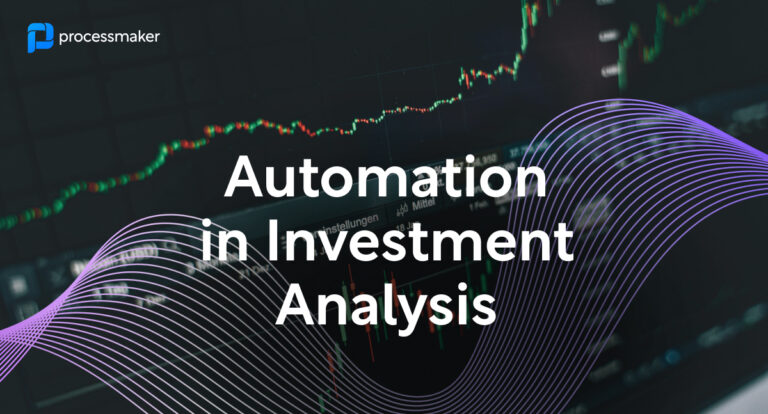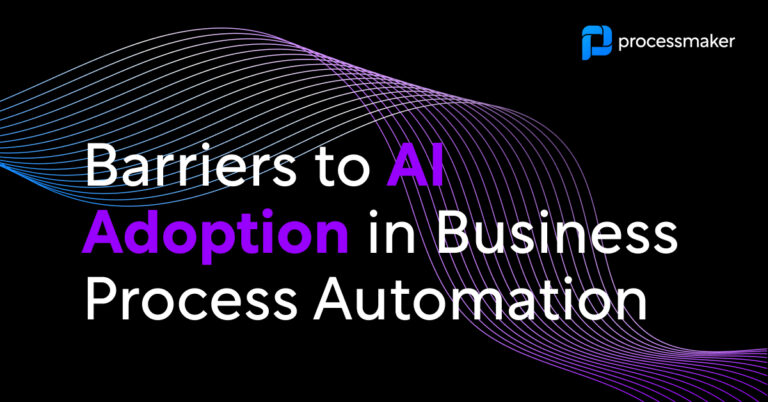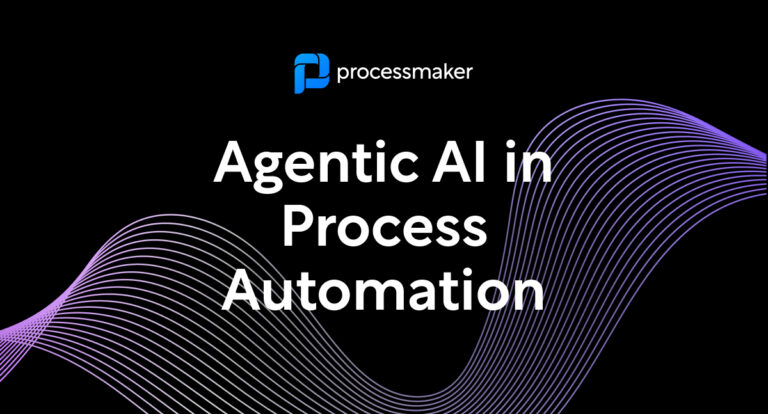From self-driving cars to personalized recommendations on streaming platforms, artificial intelligence (AI) is reshaping our reality in ways we once only dreamed of. One of the most profound shifts is the emergence of AI agents—dynamic, intelligent systems designed to perform tasks with minimal human intervention. For business leaders and visionaries, embracing AI agents is not just about keeping up; it’s about staying ahead.
What are AI agents
At their core, AI agents are software applications that utilize artificial intelligence to automate tasks, make decisions, and interact with humans or other systems.
The main difference between AI agents and their predecessors is they don’t just follow instructions but learn from each interaction, adapt to new situations, and continue improving over time. This is possible due to AI agents’ capability to access real-time data.
These agents are not confined to a single role but can be tailored to suit various functions across industries. Overall, AI agents can:
- Take directions from humans,
- Call external functions and APIs,
- Mimic human behavior,
- Take actions autonomously.
AI agents can range from simple rule-based systems to sophisticated networks capable of complex decision-making. They operate with autonomy, meaning they can perform tasks without human intervention. Their ability to process large volumes of data quickly and accurately makes them invaluable assets in today’s information-driven economy.
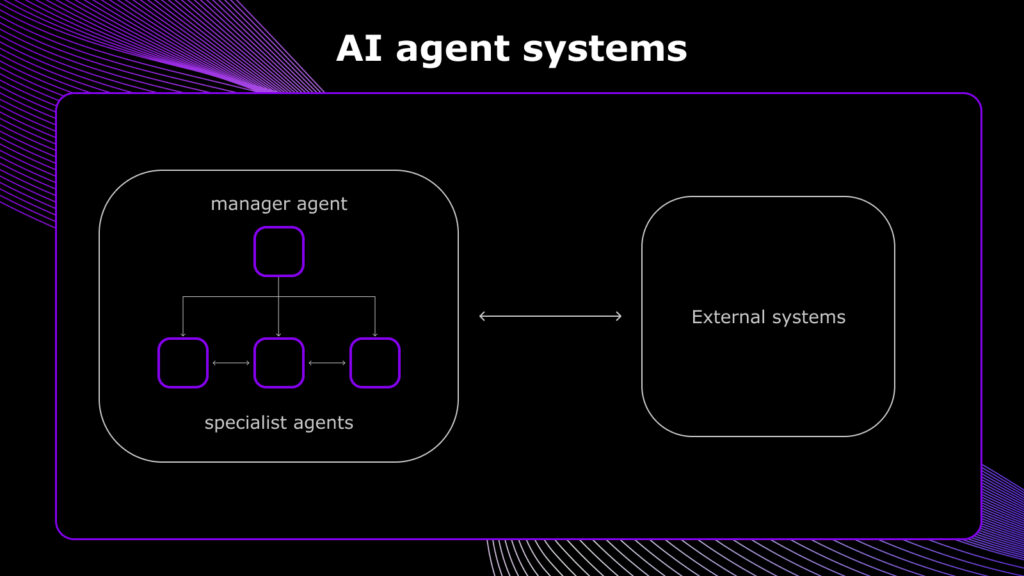
AI agent systems. Source: McKinsey
The evolution of AI agents
The evolution of AI agents is a fascinating tale of technological advancement and human ingenuity. Beginning with simplistic chatbots that could only handle basic queries, AI agents have come a long way.
Early chatbots
The inception of AI agents began with simple chatbots designed to simulate conversation. These early systems relied on keyword matching and rule-based responses, often providing basic interaction without true understanding. Their primary function was to engage users in text-based dialogue, laying the groundwork for future advancements in conversational AI.
Intelligent virtual assistants
The next phase saw the emergence of intelligent virtual assistants, such as Siri and Alexa. These AI agents combined natural language processing with machine learning to understand and respond to user queries more effectively. They could perform tasks like setting reminders, playing music, and providing weather updates, making them integral to daily life.
Machine learning and predictive AI
As machine learning techniques advanced, AI agents became more predictive and personalized. They could analyze vast amounts of data to anticipate user needs and preferences, enhancing user experience significantly. This phase marked a shift from reactive responses to proactive assistance, allowing AI agents to offer tailored solutions.
Applications of AI agents
The versatility of AI agents allows them to be applied in numerous industries, revolutionizing how businesses operate. Chatbots and LLMs have successfully been used in various industries and functions like finance, logistics, education, and marketing. Here are some examples of applications of AI agents.
Sales
AI agents can analyze customer behavior, predict trends, and even close deals, acting as virtual sales representatives. They bring efficiency to customer service by providing instant responses and personalized solutions, enhancing user experience.
Travel industry
AI agents have become virtual travel advisors, curating personalized itineraries based on user preferences. They can also handle bookings and provide real-time updates, making travel planning hassle-free.
Healthcare
Healthcare is another domain benefiting from AI agents, where they assist in diagnostics, patient management, and drug discovery, contributing to improved healthcare outcomes.
The possibilities are endless, with AI agents finding applications in finance, logistics, education, and beyond.
Benefits of AI agents
The benefits of integrating AI agents into business processes are manifold.
- Increased efficiency: AI agents can process vast amounts of data quickly, enabling them to perform tasks faster than humans, which saves time and resources.
- 24/7 availability: Unlike humans, AI agents can operate around the clock without breaks. This means they can provide support and services at any time, improving customer experience and responsiveness.
- Scalability: AI agents can easily scale their operations to handle increased workloads without the need for significant additional resources. This flexibility is invaluable for businesses experiencing growth or fluctuating demands.
- Enhanced decision-making: By analyzing data and identifying patterns, AI agents can support better decision-making. They provide insights that help organizations make informed choices quickly and accurately.
- Cost savings: Implementing AI agents can lead to significant cost reductions by automating repetitive tasks and minimizing human error. This allows companies to allocate resources more effectively and improve their bottom line.
Challenges and possible threats
Despite their many advantages, the deployment of AI agents is not without challenges. One major concern is data privacy and security. AI agents require access to vast amounts of data, raising questions about how this data is used and protected. Ensuring compliance with data protection regulations is crucial.
Additionally, there are ethical considerations surrounding AI agents’ decision-making capabilities. Bias in algorithms can lead to unfair outcomes, necessitating careful evaluation and mitigation strategies.
The potential for job displacement, although very small, may also threaten people and make them cautious of advanced AI tools.
Can AI agents replace human workers?
The question of whether AI agents can replace human workers or not is complex. The short answer is no. The long answer would depend on the type of job that AI is replacing.
After all, while AI agents excel at automating tasks and processing information, they lack the innate human qualities of empathy, creativity, and critical thinking. Instead of replacing humans, AI agents are more likely to augment human capabilities, creating a collaborative work environment where humans and machines complement each other.
Certain roles, particularly those involving routine tasks, may see a reduction in human involvement, but that’s an inevitable trend. Just a few decades ago we had telegraphists, film projectionists, and people receiving and sending out faxes. Those roles have naturally disappeared as technology evolved, so certain jobs will likely follow a similar trend.
However, new roles will emerge, focusing on overseeing, training, and improving AI systems. The future workforce will require a blend of technical and soft skills to thrive in an AI-augmented world.
The future of AI agents
The future of AI agents is bright, with advancements in AI research and technology paving the way for more sophisticated systems. We can expect AI agents to become more intuitive, understanding not just the words spoken but the emotions and intentions behind them. Natural language processing will reach new heights, enabling even more seamless interactions between humans and agents.
AI agents will evolve from task-specific tools to versatile companions, assisting in decision-making, innovation, and problem-solving. They will play a pivotal role in shaping the future of work, driving innovation, and fostering collaboration between humans and machines.
A new age in AI development
The rise of AI agents marks a new era in business operations, offering unprecedented opportunities for efficiency and growth. For process owners and company leadership, harnessing the potential of AI agents is not just an option; it’s a necessity. By understanding their capabilities, benefits, and challenges, businesses can position themselves at the forefront of innovation.
AI agents are here to stay, and their impact will only grow. At ProcessMaker, we embrace the future and explore the boundless possibilities they bring. Watch the webinar on how we’re taking the process automation to the new heights with the power of AI.
Learn more about Agentic AI:
The Role of Task Mining in Measuring AI Agent ROI
Agentic AI is about to Change the World of Process Orchestration
